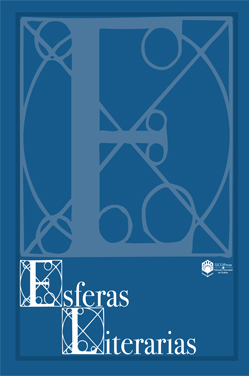The COVID-19 Lockdown through 21st Century Spanish Poetry: Germán Talaván's «Confined Poems»: Neohistoricism, Emotions and Cognitive Linguistics
Main Article Content
Abstract
This article aims to study the production of Spanish Plague Literature in the 21st century through the work of the poet Germán Talaván. The new historicist approach will be applied to contrast the description that the author makes about the emergence of the COVID-19 pandemic during the months in which there is a home confinement in the country with the perspective of the mass media. Subsequently, the rhetorical resources used by the author will be studied, paying special attention to cognitive metaphors and metonymy. A deep analysis from psychoanalytic criticism outlook will provide a holistic vision of Talaván's "confined poetic production" in its context. In conclusion, plague literature is a genre of great artistic, cultural and historical value because it reflects in an artistic way the harsh reality that generates the rapid spread of infectious diseases.




